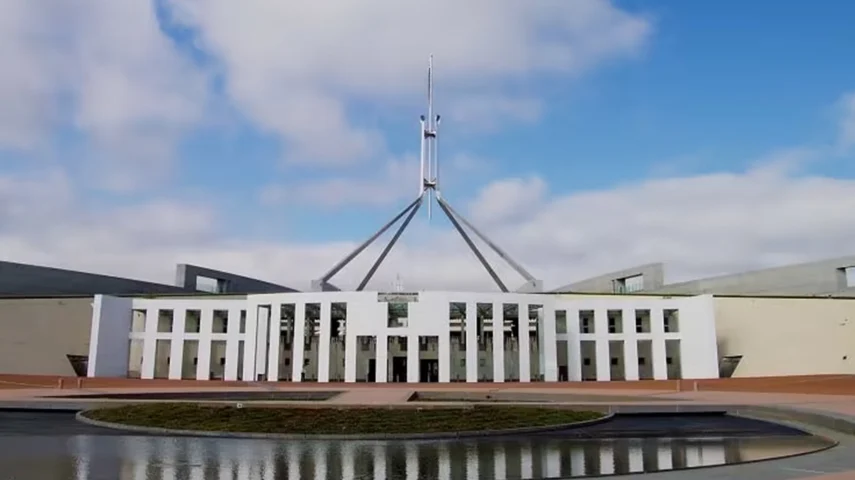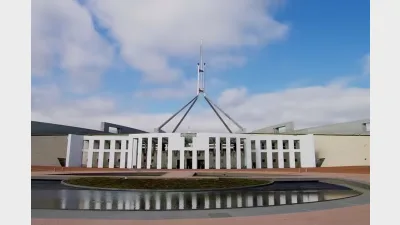Government launches consultation on super performance test



The government has launched a consultation to look into design options of the annual superannuation performance test.
According to the government, while the test has improved member returns through an increased focus on poor-performing products and holding trustees to account, there is evidence that “the test may be influencing investment decisions to the detriment of member outcomes, including discouraging investment in asset classes that may otherwise be in the best financial interests of members”.
Treasurer Jim Chalmers said the consultation was aimed at ensuring super funds are able to invest in ways that deliver the best possible returns for members and is not the government “directing super investment”.
“The performance test holds trustees to account for the investment performance they deliver and the fees they charge. Since its introduction, it has helped lift the investment performance of super funds by encouraging continual improvement and the exit of underperforming funds,” he said.
“The performance test is driving good outcomes, but industry has raised concerns the current test is holding back investment in some sectors that could provide strong returns for members, such as the energy transition and affordable housing.”
He added that the test benchmarks were “never meant to serve as a prescription on how to invest”, although that has been the view of a number of industry stakeholders.
Submissions for the consultation close on 19 April 2024.
Last year, Chalmers had flagged a performance test consultation would be in the pipeline to improve the super performance test amid claims it disincentivises sustainable investment from funds.
This followed the Treasurer’s third investor roundtable in December 2023, in which some of Australia’s largest investors representing more than $2.5 trillion in capital were present to discuss various issues.
“The government will consult on options to improve the superannuation performance test so that trustees are held to account for member outcomes without holding back investment in economic priorities such as the net zero transformation and housing,” Chalmers’ statement wrote.
The superannuation performance test, which has applied to MySuper products since 1 July 2021, was introduced to protect Australians’ retirement savings by holding trustees to account for the investment performance they deliver and the fees they charge to members.
It was extended to trustee-directed products, a subset of the choice accumulation sector, from 1 July 2023.
In the latest performance test, APRA found 96 trustee-directed products, which included 20 of 500 non-platform products and 76 of 305 platform products, along with one MySuper product, failed to meet the benchmark.
Recommended for you
The major changes to the proposed $3 million super tax legislation have been welcomed across the superannuation industry.
In holding the cash rate steady in September, the RBA has judged that policy remains restrictive even as housing and credit growth gather pace.
A new report warns super funds must rethink retirement readiness as older Australians use super savings to pay off housing debt.
An Australian superannuation delegation will visit the UK this month to explore investment opportunities and support local economic growth, job creation, and long-term investment.










